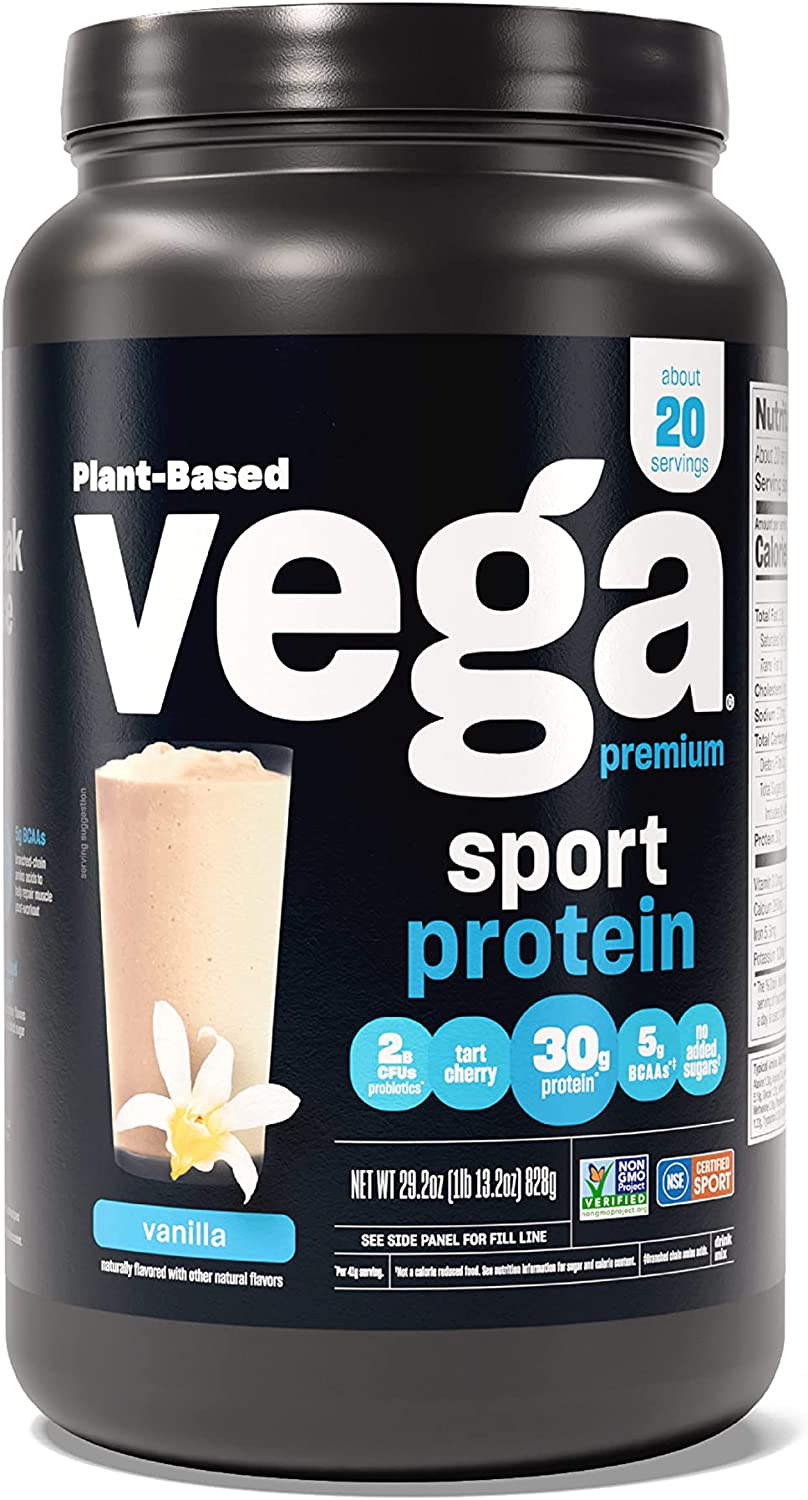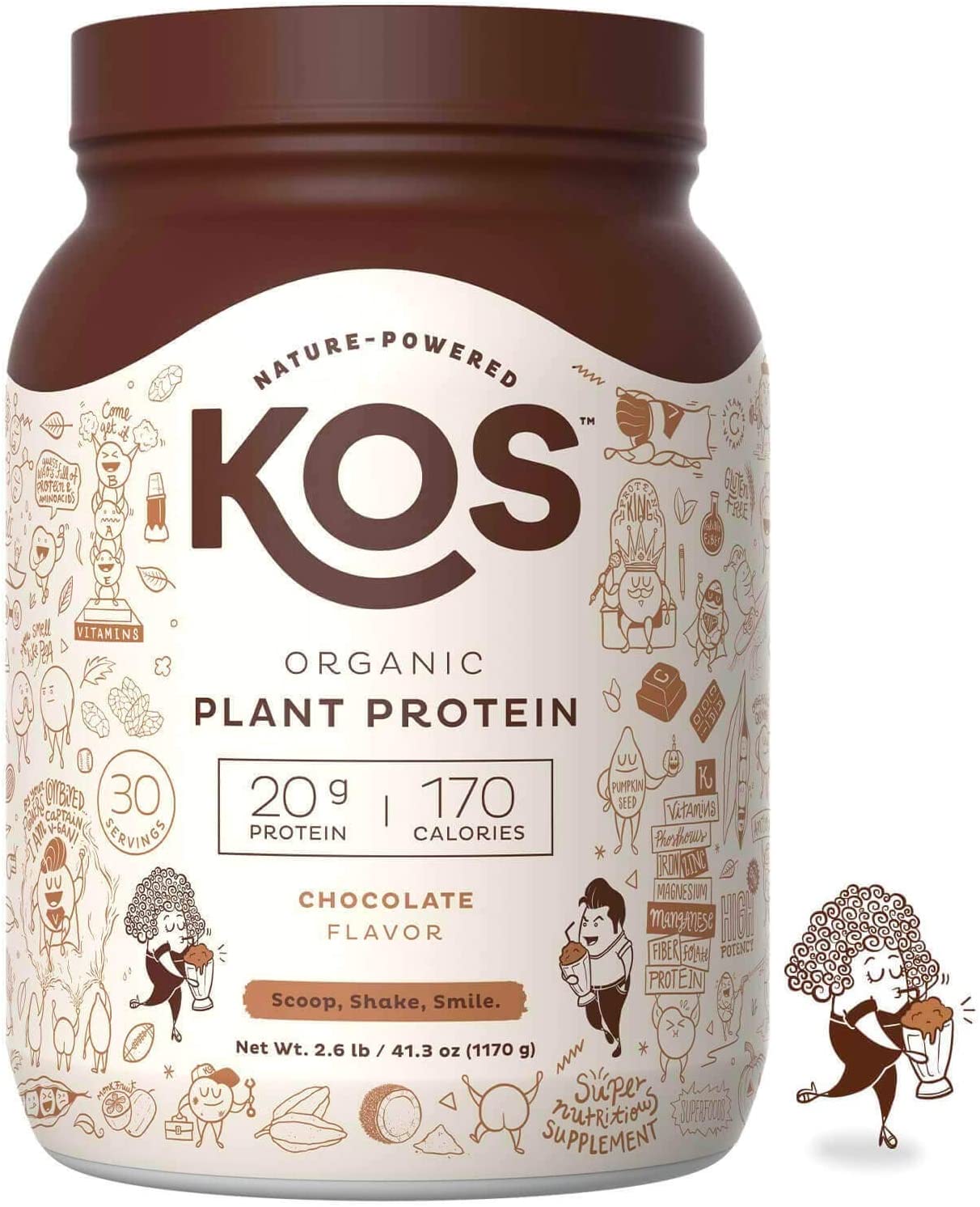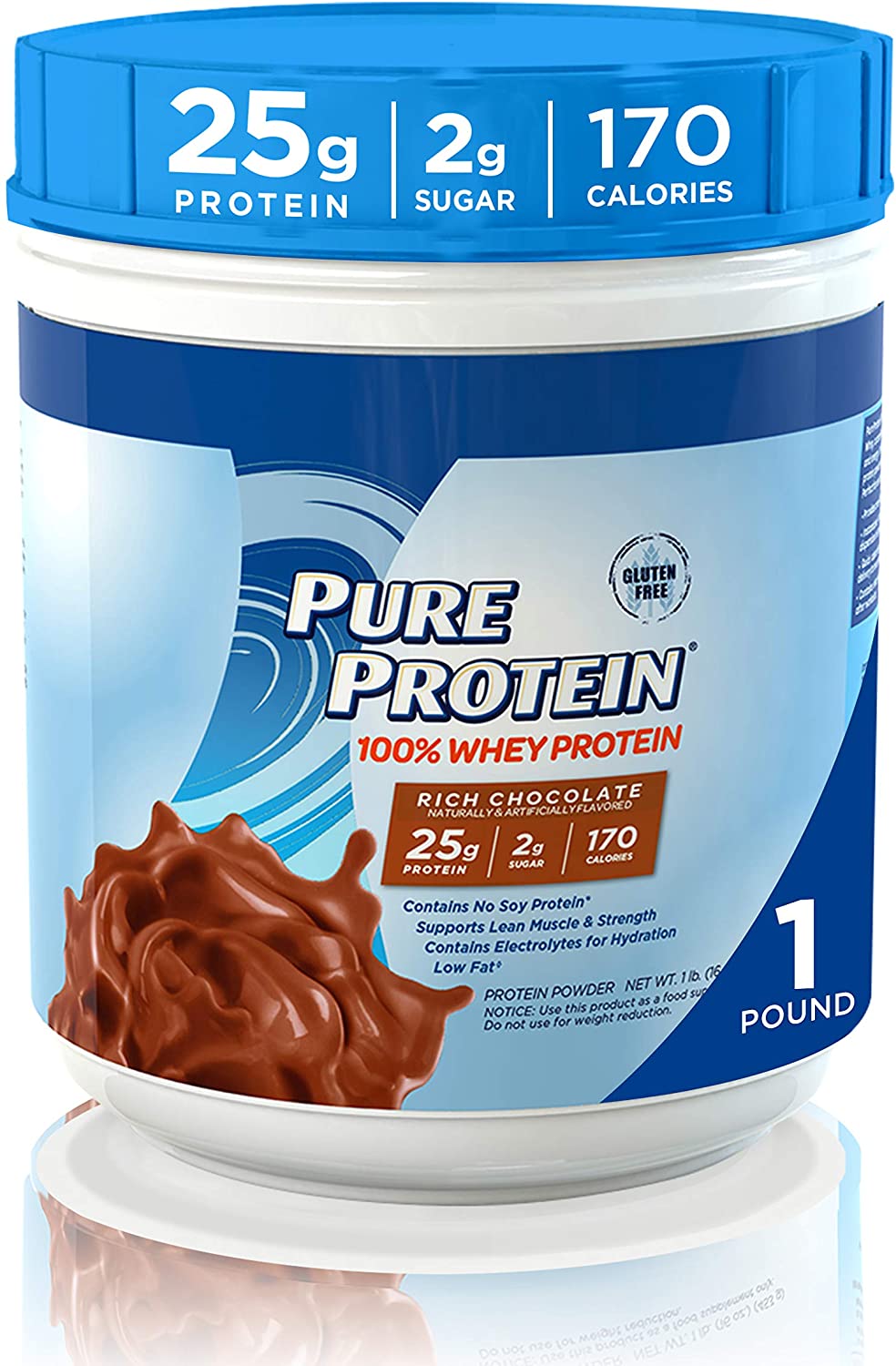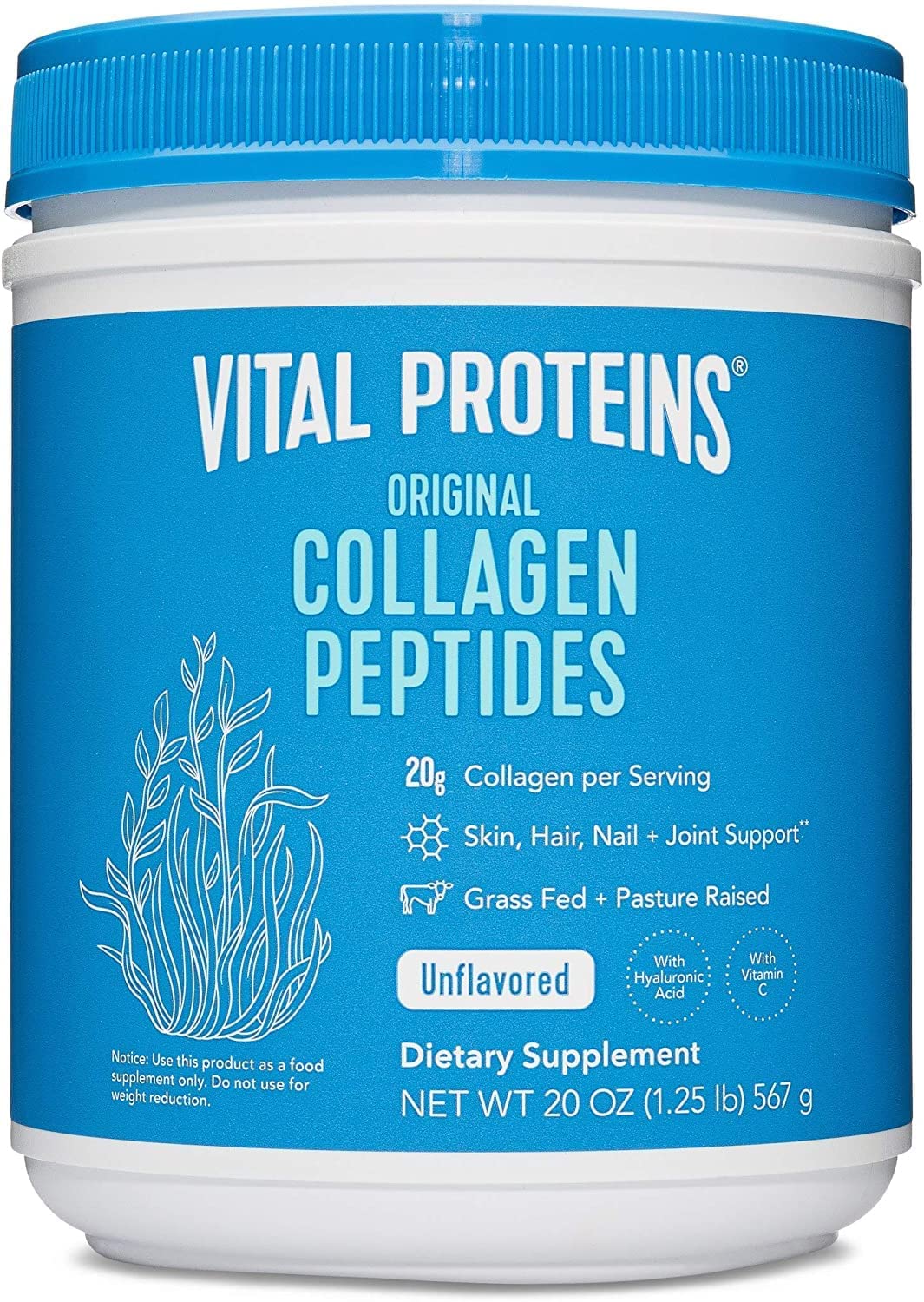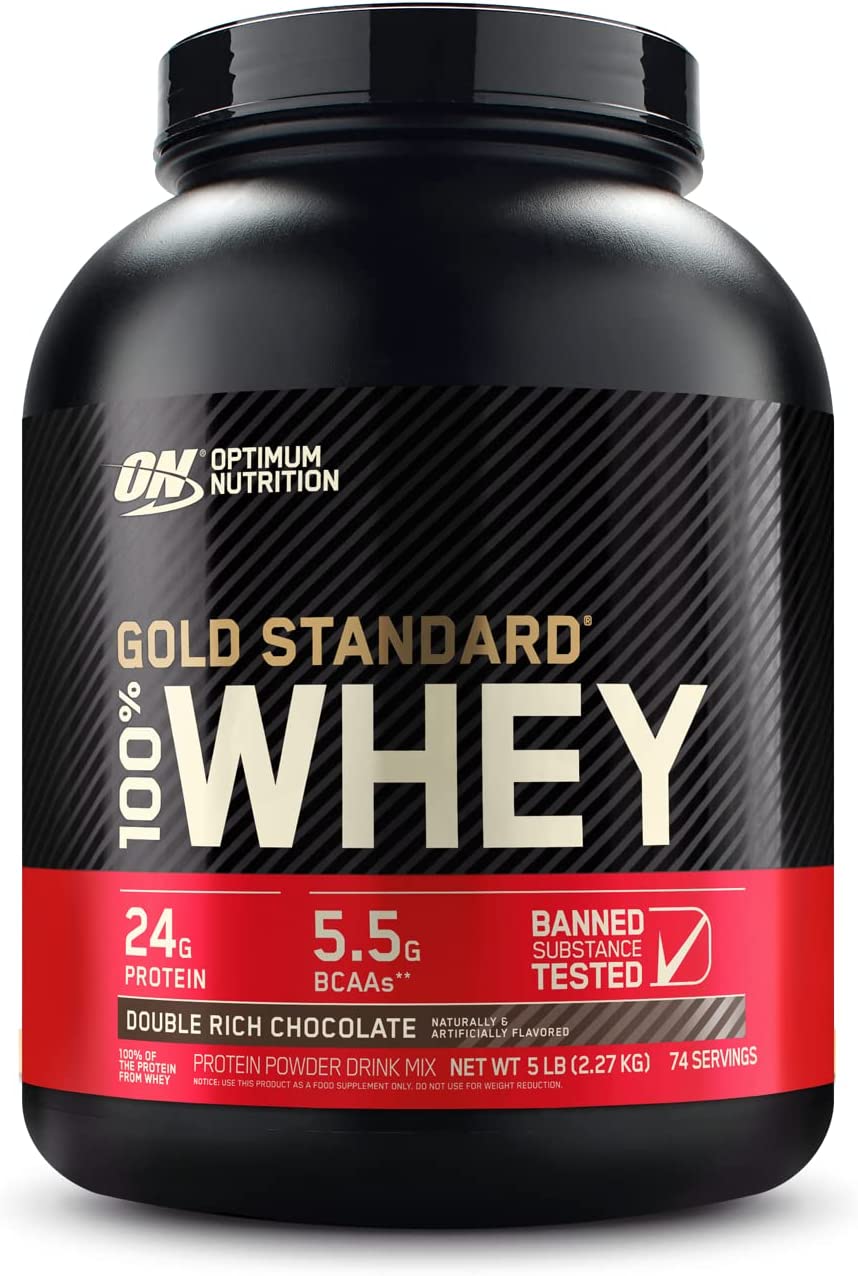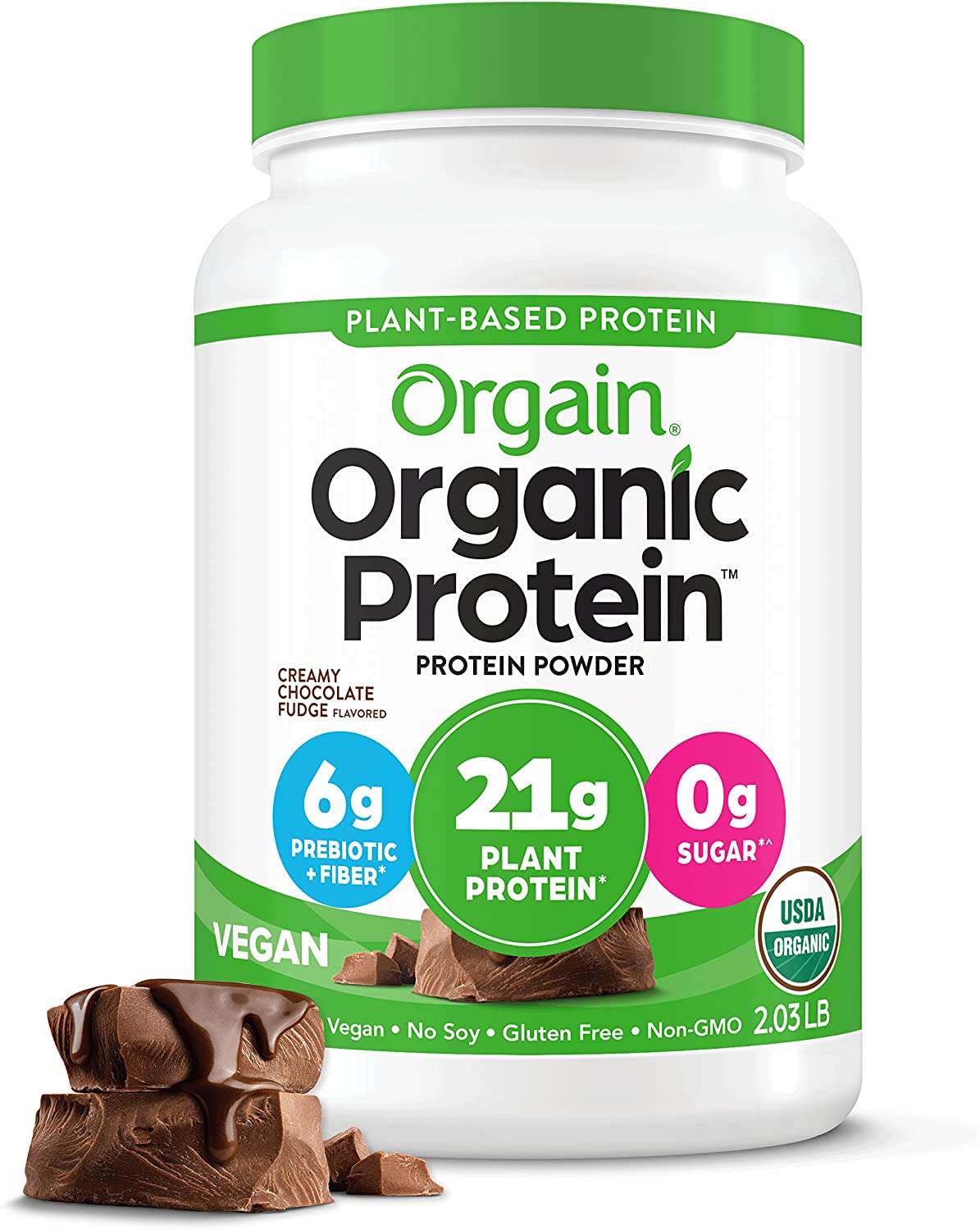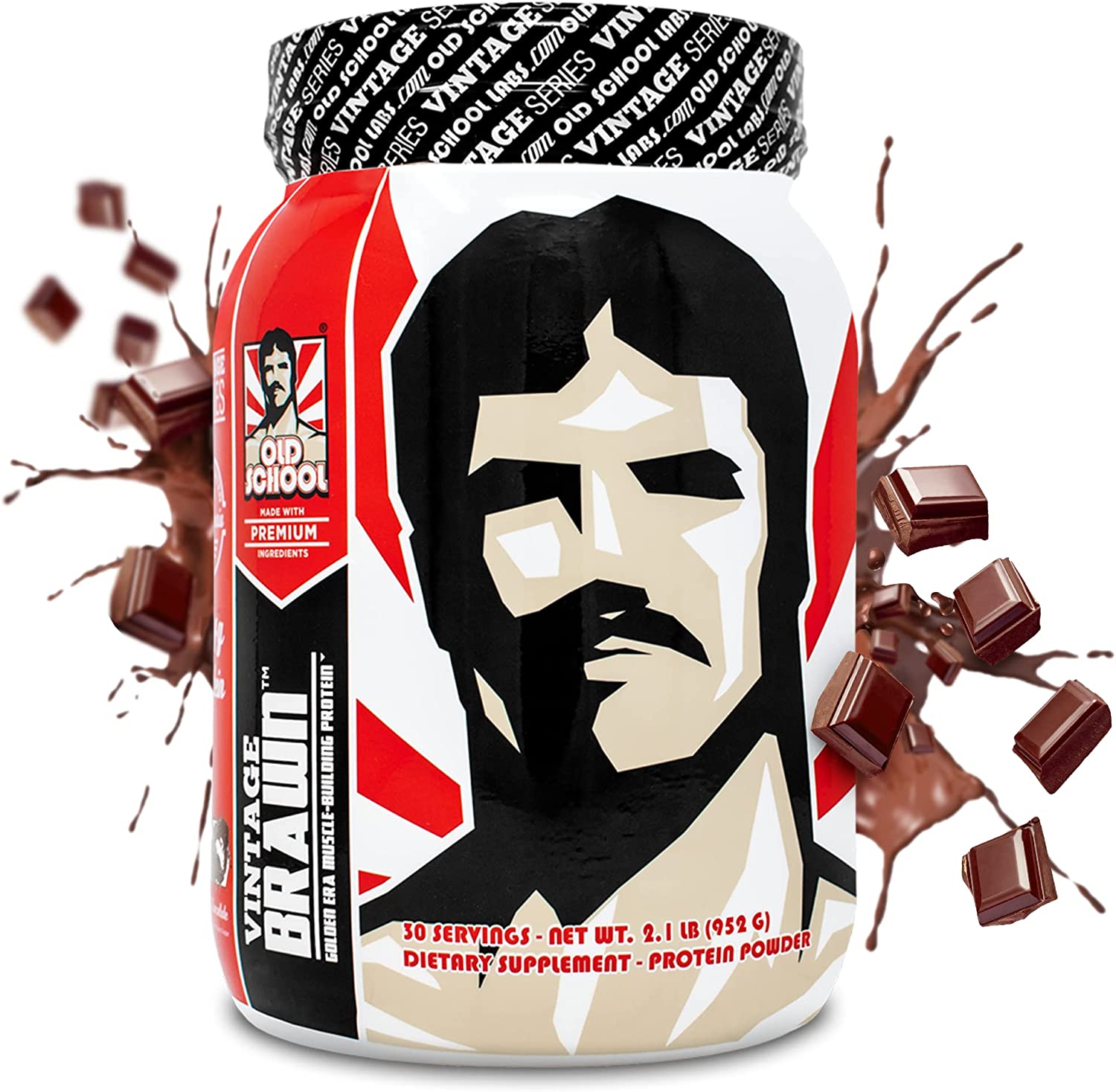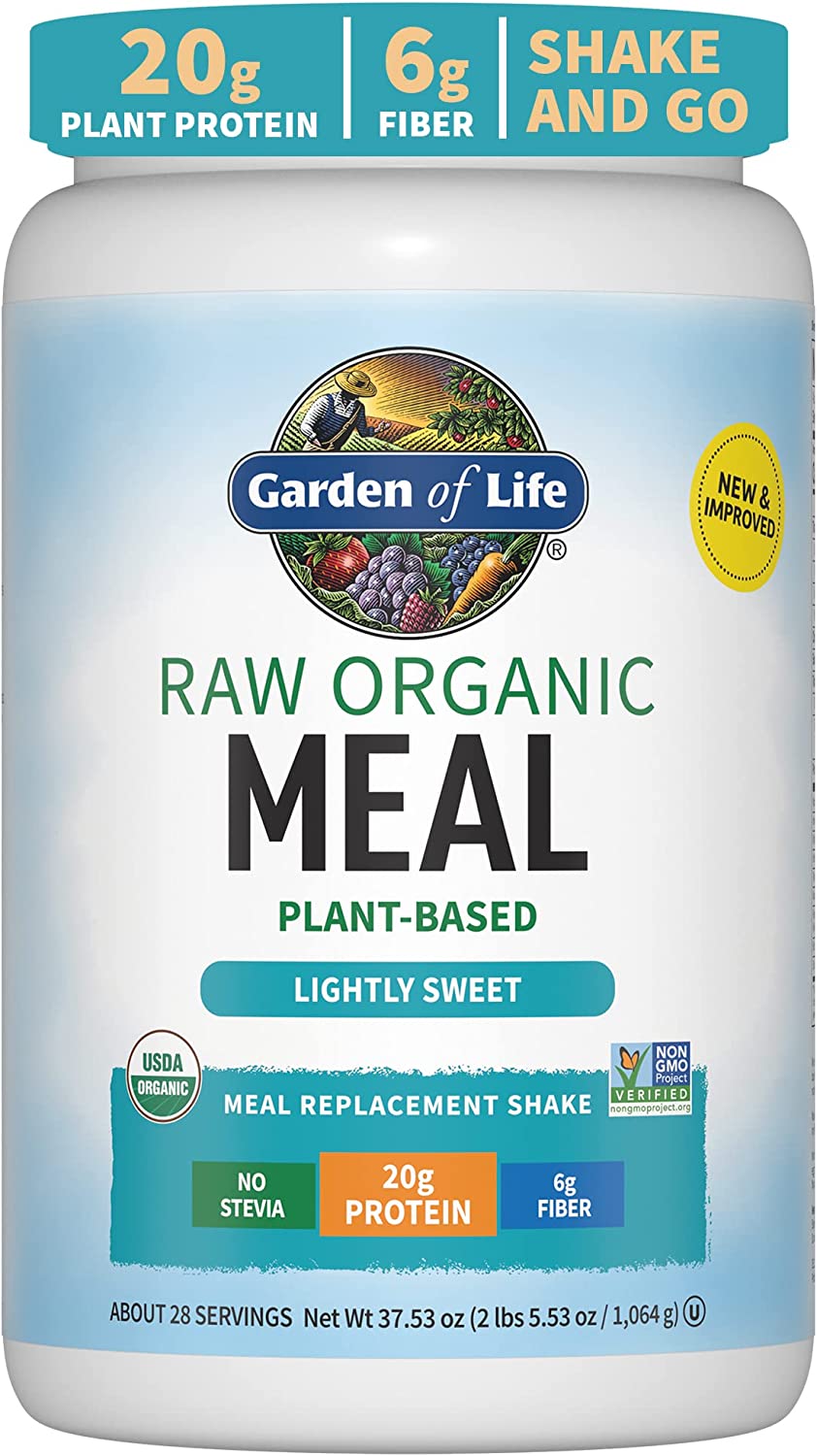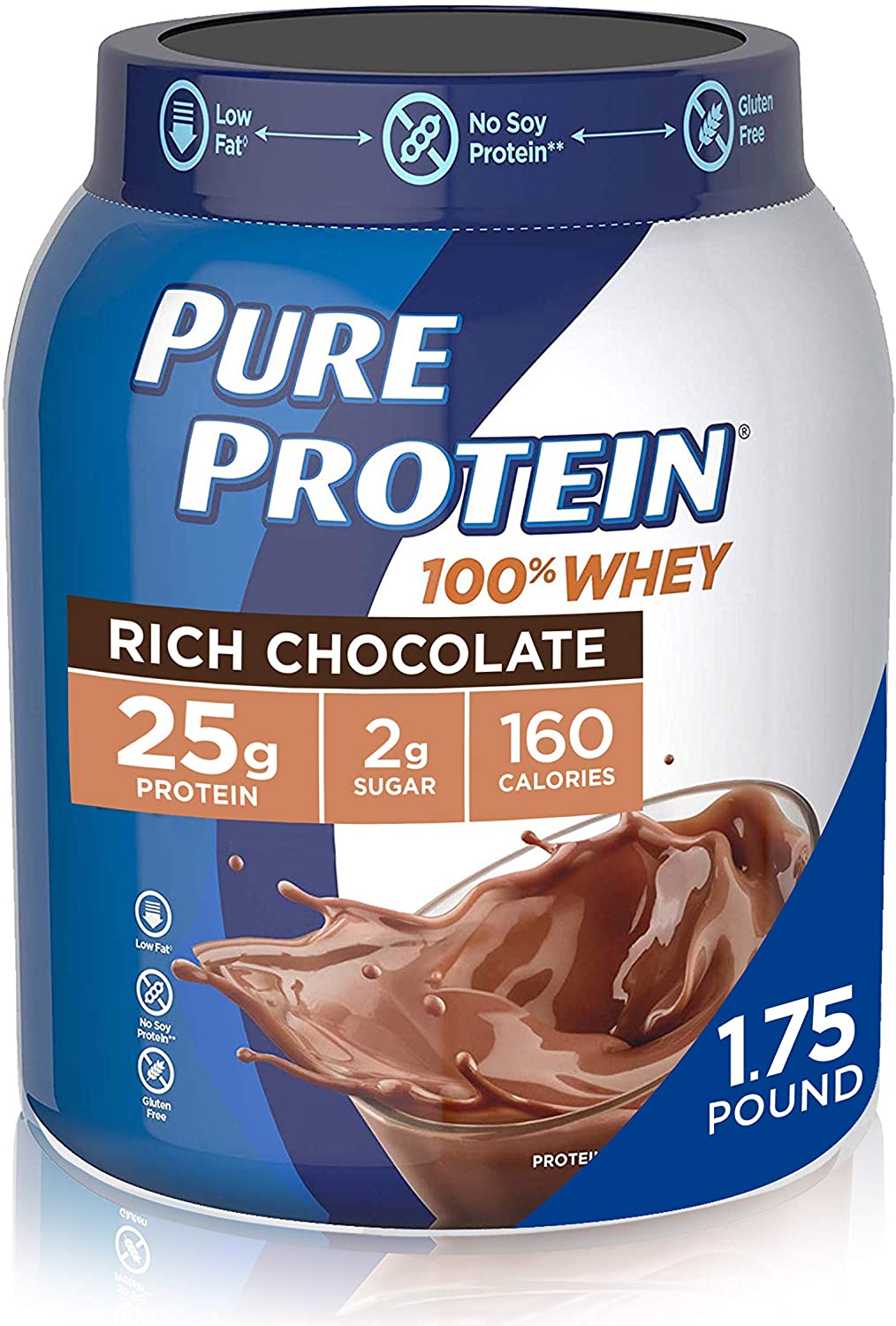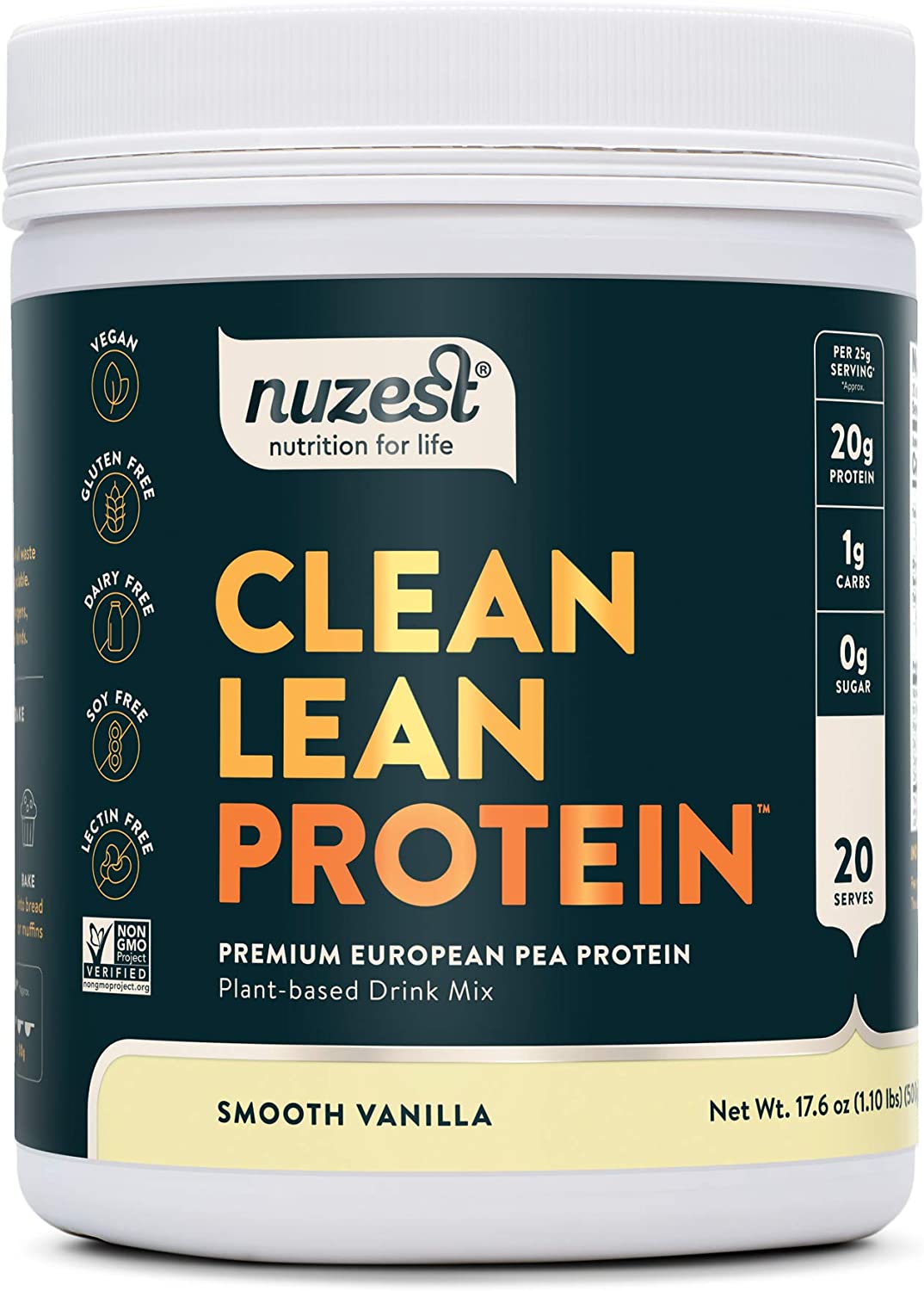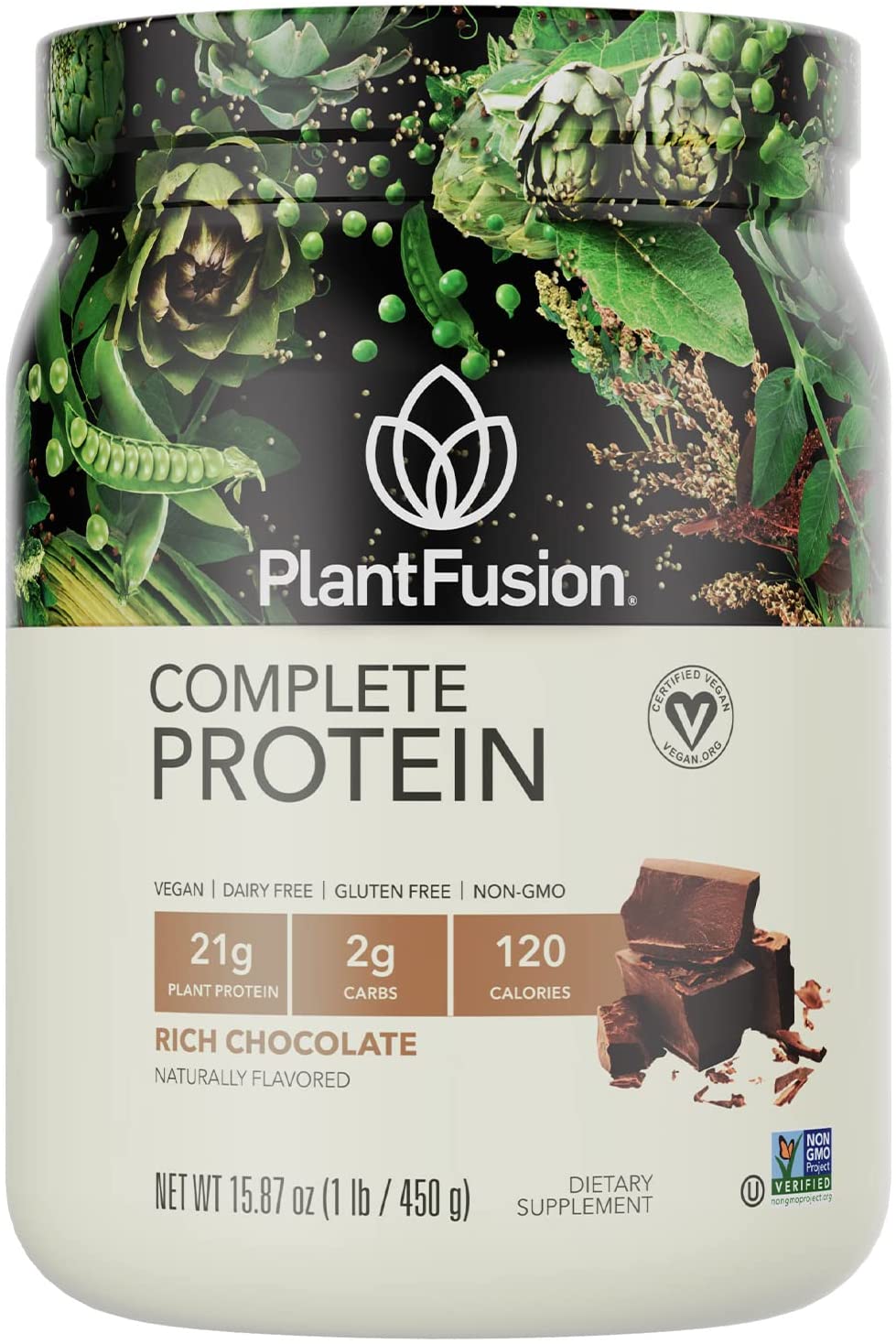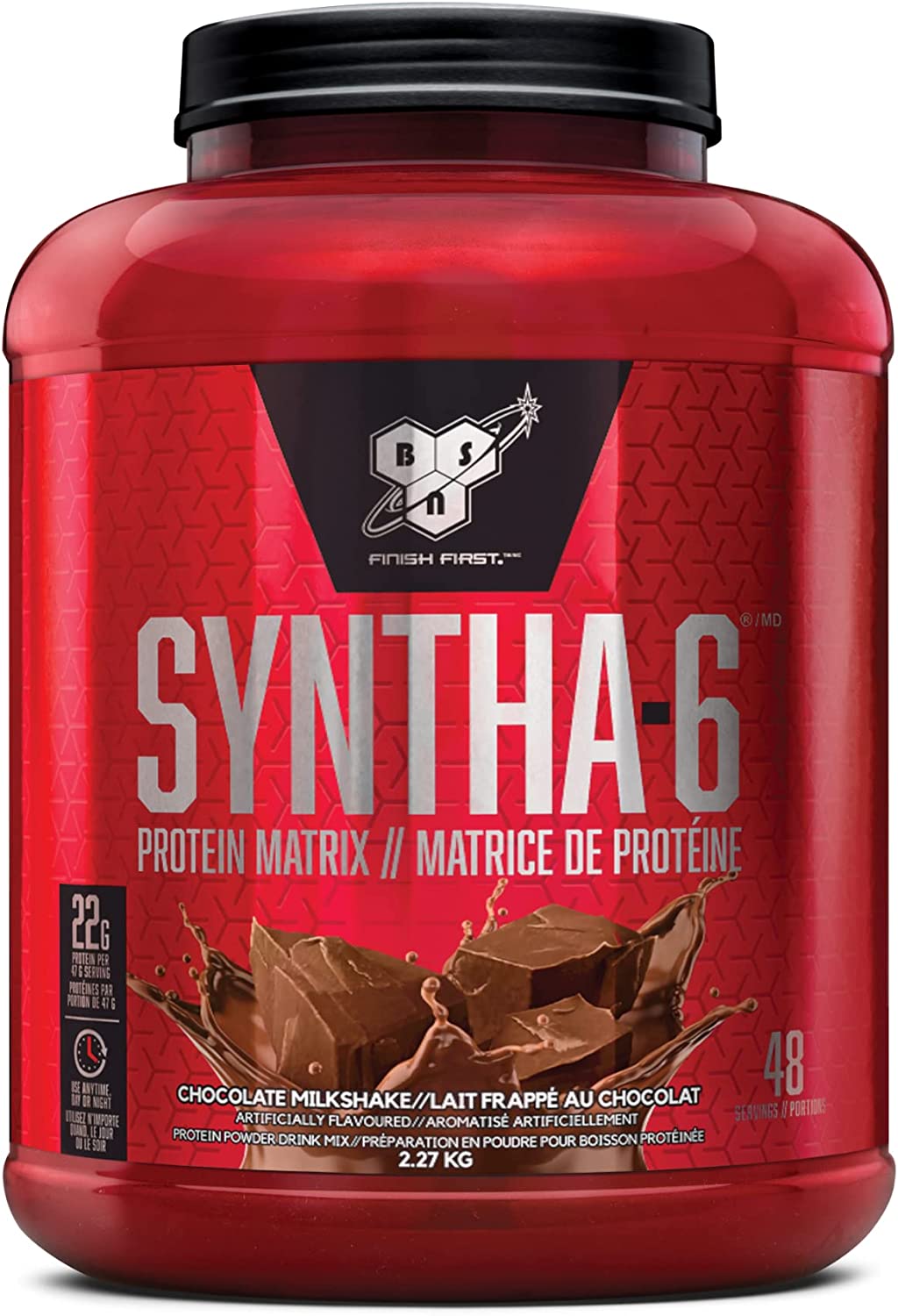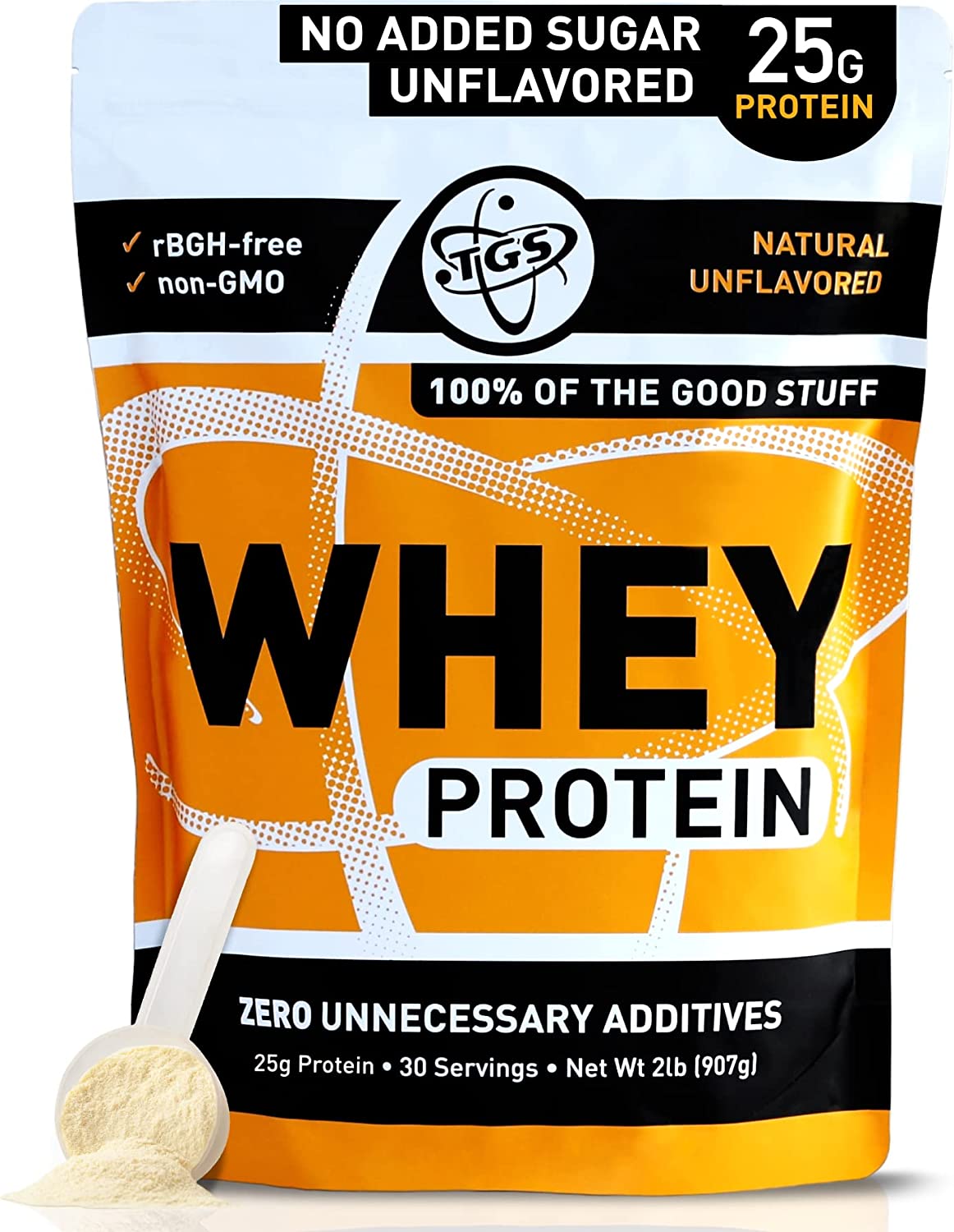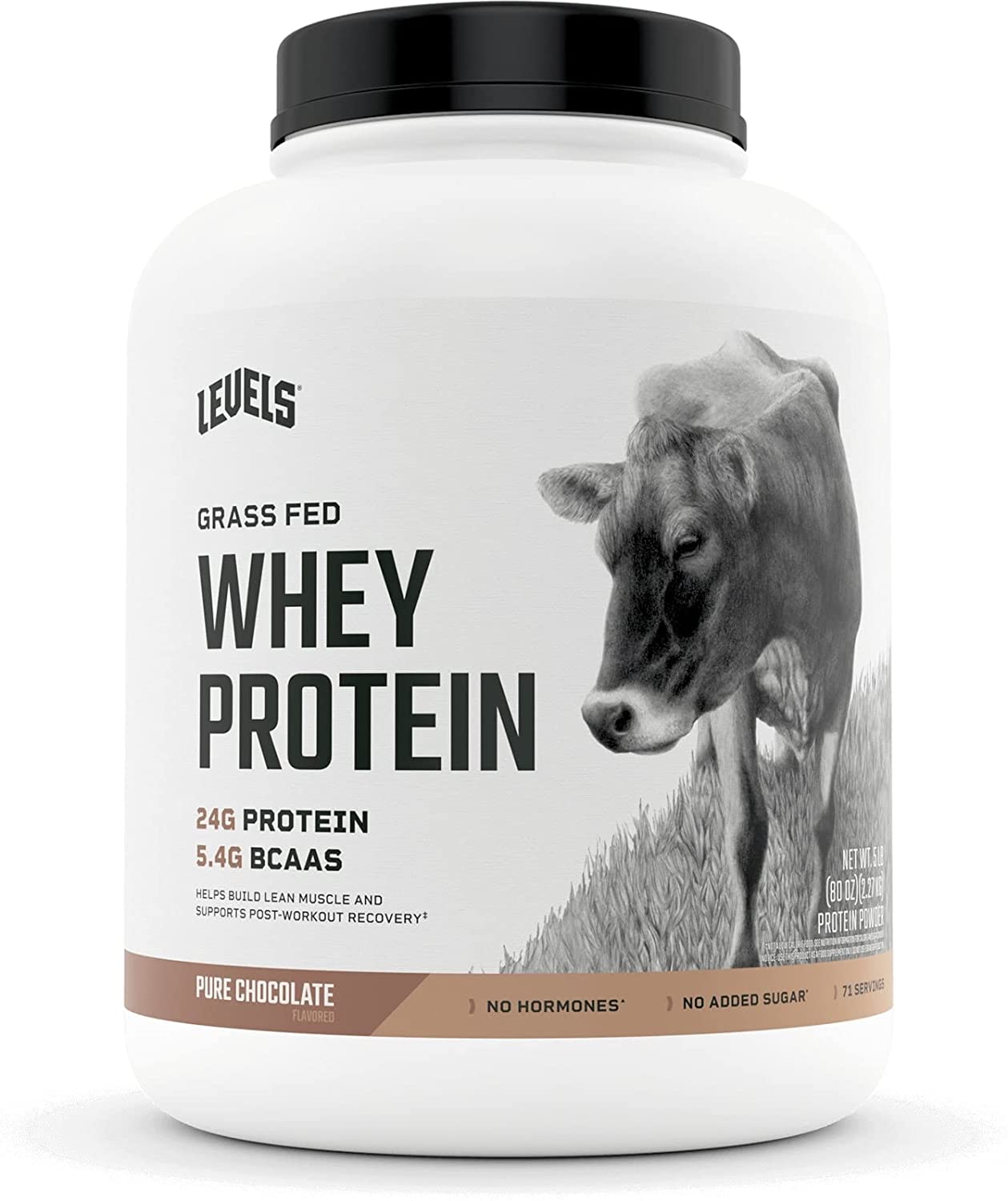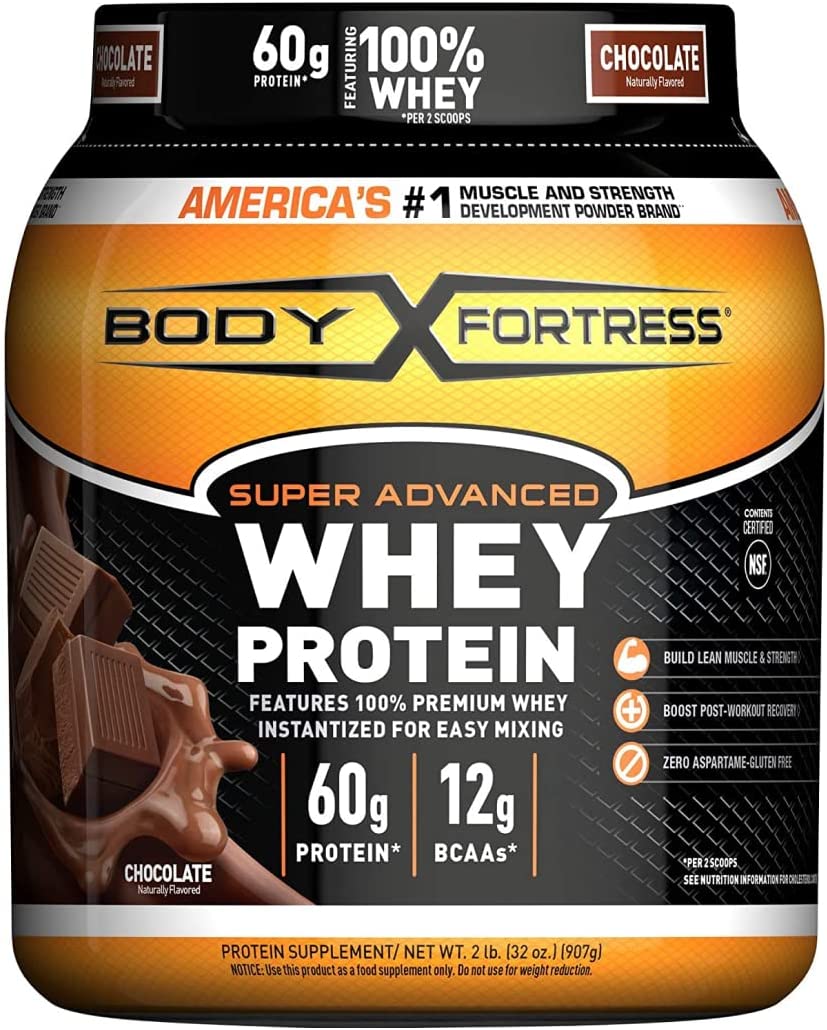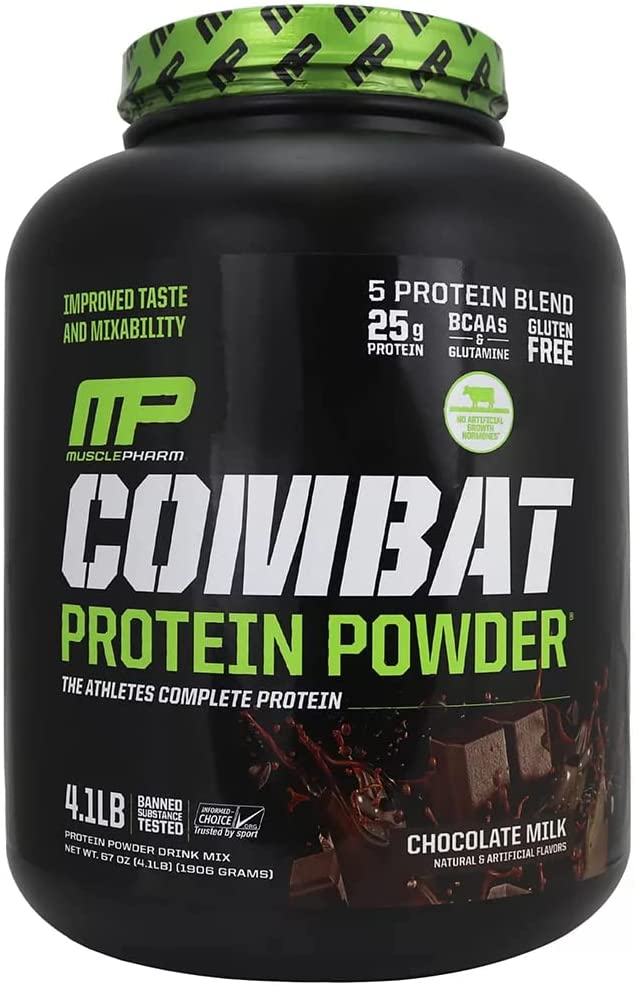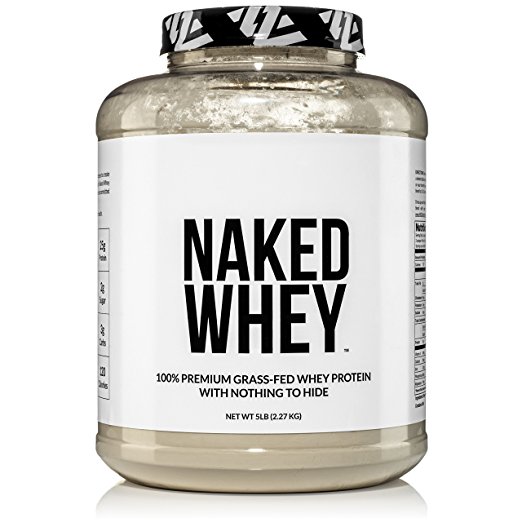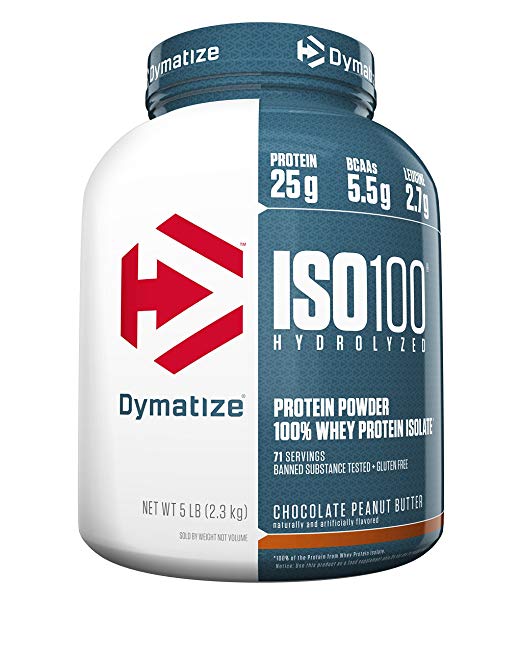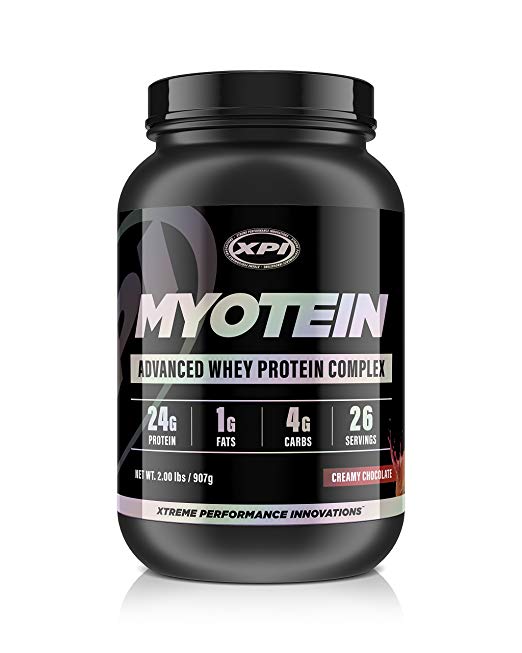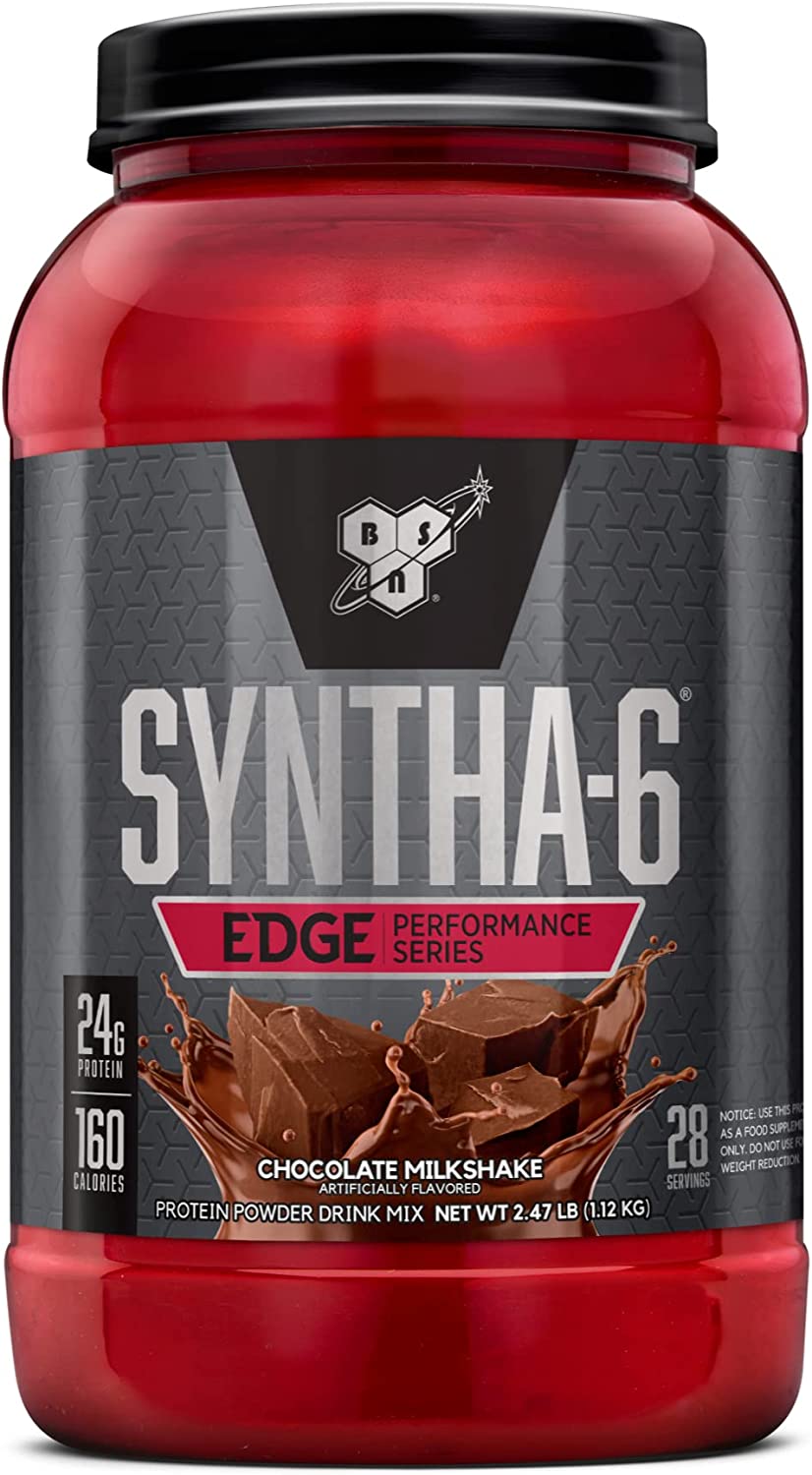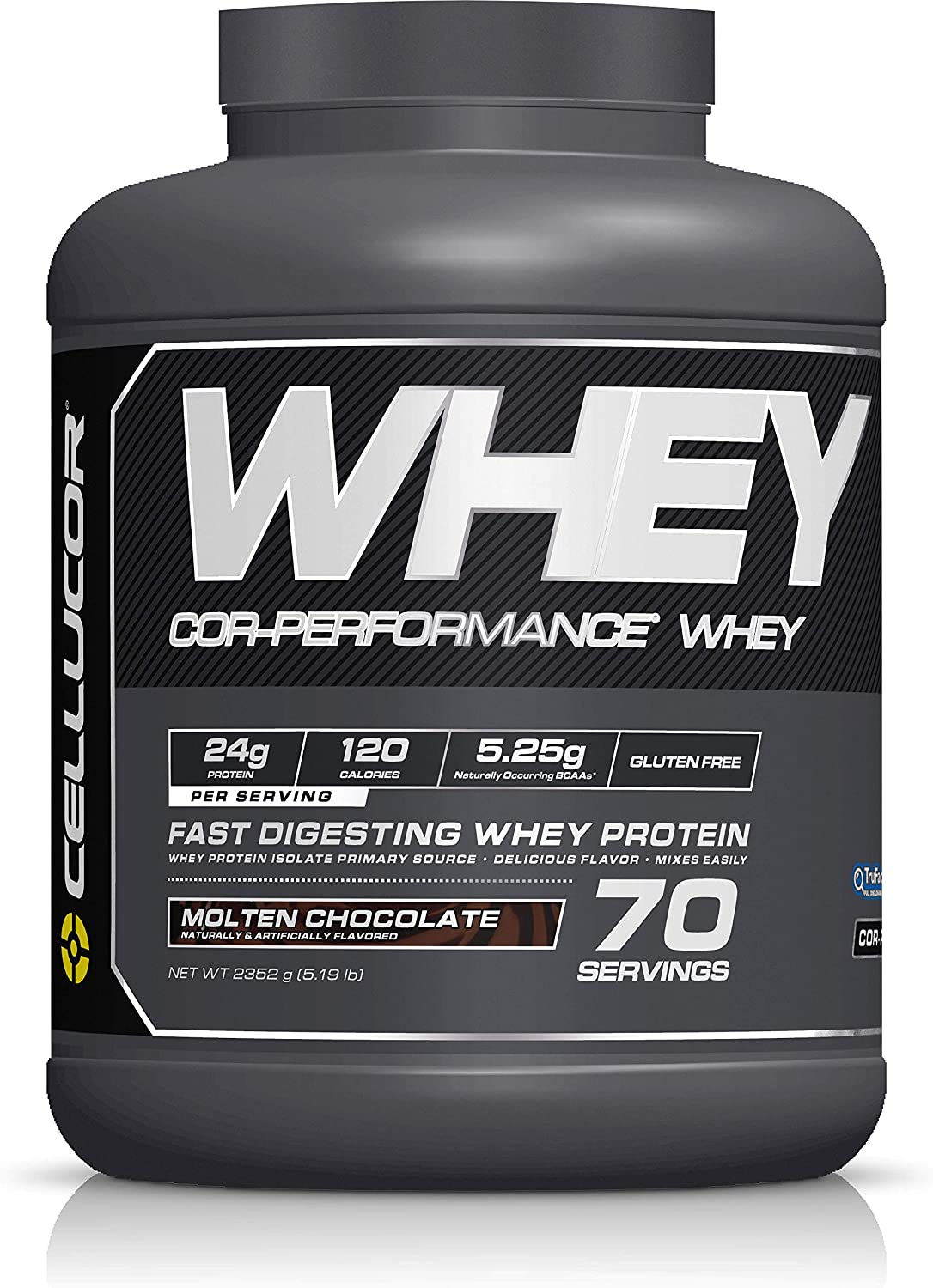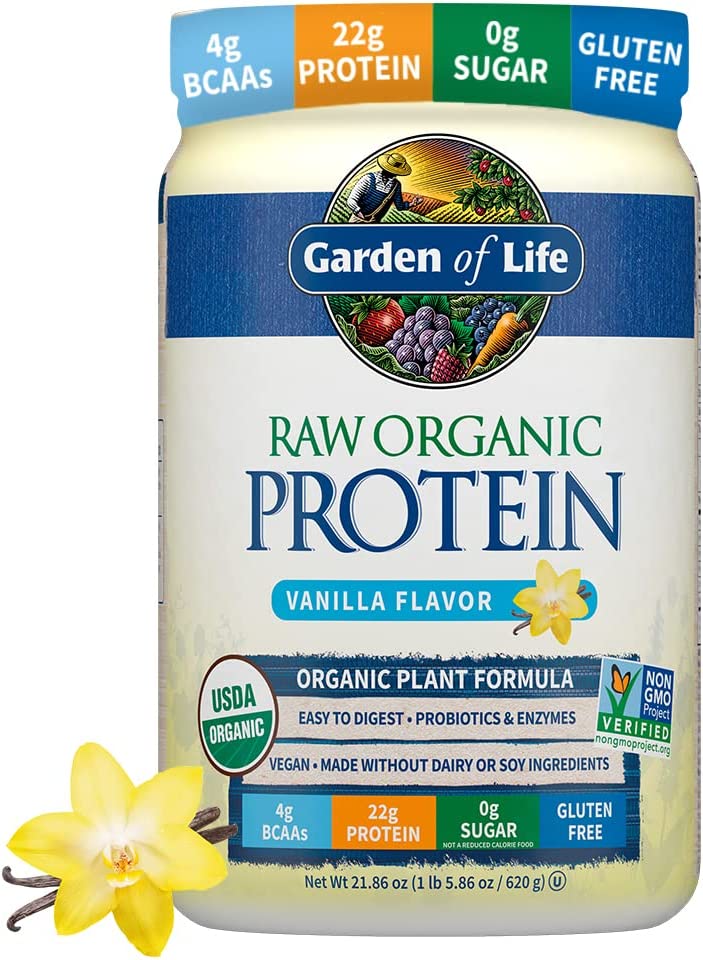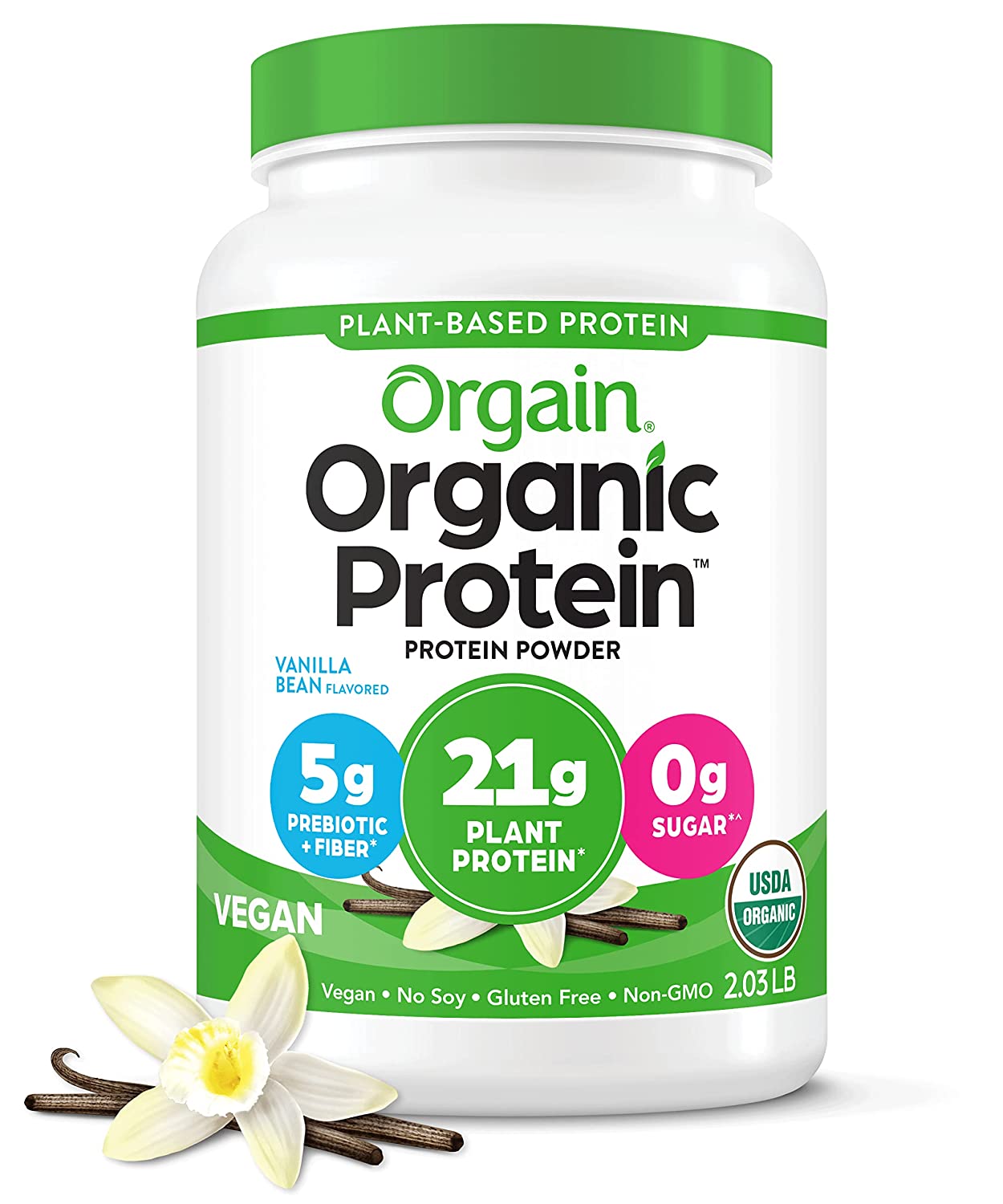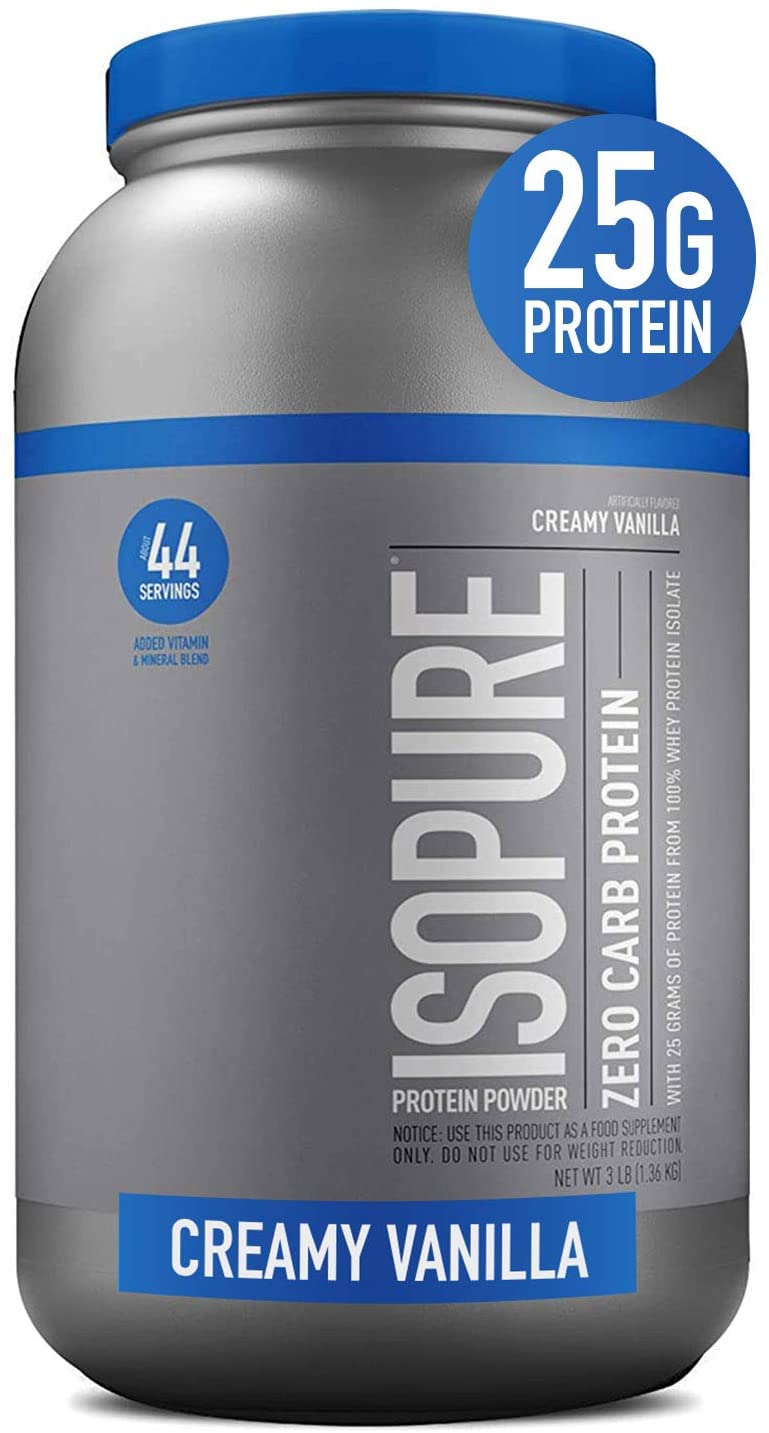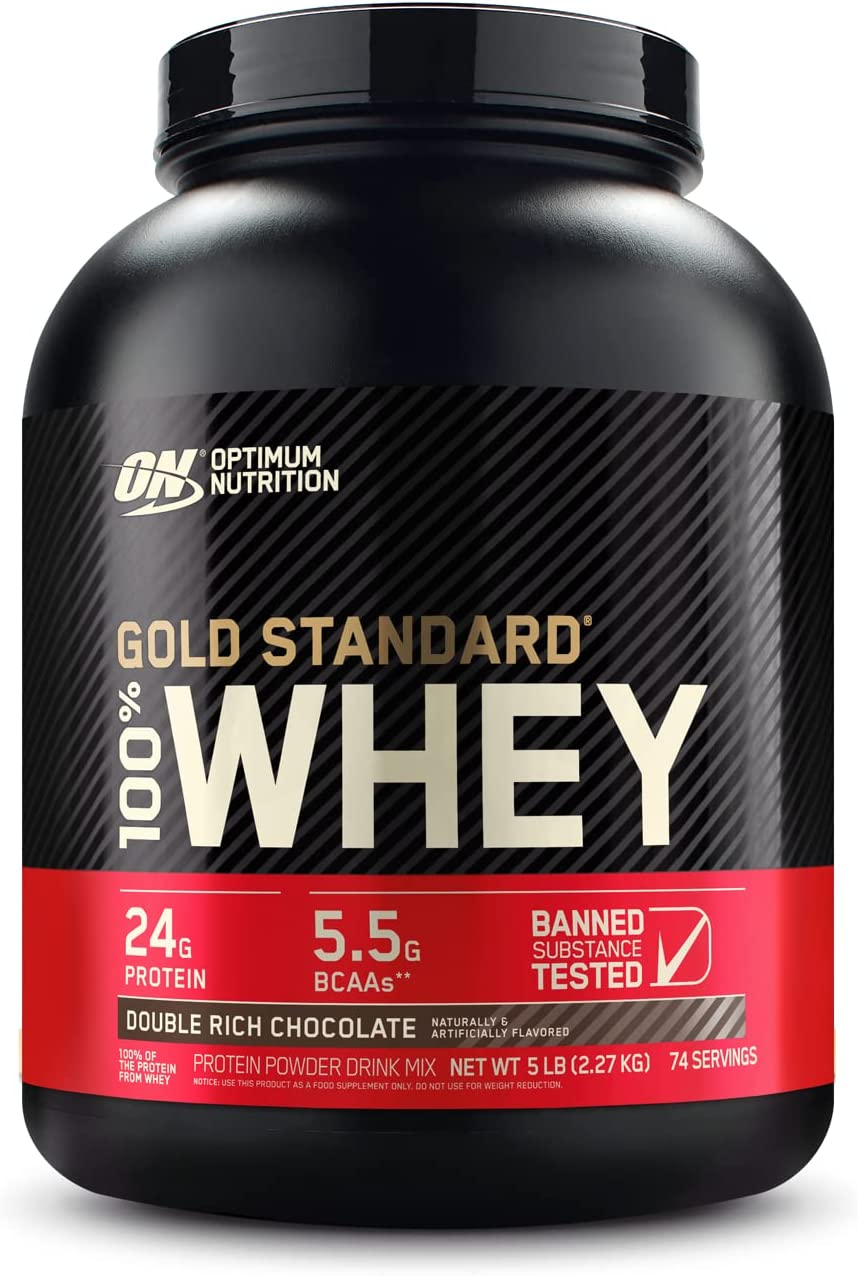Vega Sport Keto-Friendly NSF Certified Protein Powder
Last updated: June 1, 2023
This sweet and smooth vegan protein comes in four delicious flavors and mixes easily in a shaker bottle. It contains all plant-based protein sources, including pea, pumpkin seed, organic sunflower seed and alfalfa.
We looked at the top Protein Powders and dug through the reviews from some of the most popular review sites. Through this analysis, we've determined the best Protein Powder you should buy.
Product Details
Key Takeaway: This protein powder boasts four flavors and a smooth texture.
In our analysis of 108 expert reviews, the Vega Sport Keto-Friendly NSF Certified Protein Powder placed 13th when we looked at the top 25 products in the category. For the full ranking, see below.Expert Reviews
What reviewers liked
This powder has the best taste and texture. It’s sweet and smooth, according to our vegan testers. It comes in four flavors.
In a smoothie, it was great. It tasted like the normal hemp protein I use does, just a little sweeter.
It’s immensely filling. Even with just half a scoop of the Vega Sport Performance Protein Powder, the smoothie above stuffs me!
What reviewers didn't like
Mixed with just water, I found it a little hard to drink. My samples are berry-flavored, and it also comes in vanilla-flavor, but the sweetness (which comes from stevia leaf) did little to mask a very raw flavor. It mixed well in a shaker cup, which was nice, but it tasted very—well, earthy.
They’re not organic. They contain “flavors”. They use gums, fillers, and other highly processed ingredients. Some of their processing methods involve heat treating, which kills essential nutrients and means their products are not raw.
To note, like many supplements, Vega Sport Performance Protein Powders may seem pricey (even with the cost reduction), but those tubs are BIG.
View our Protein Powder buying guide for in-depth advice and recommendations.
